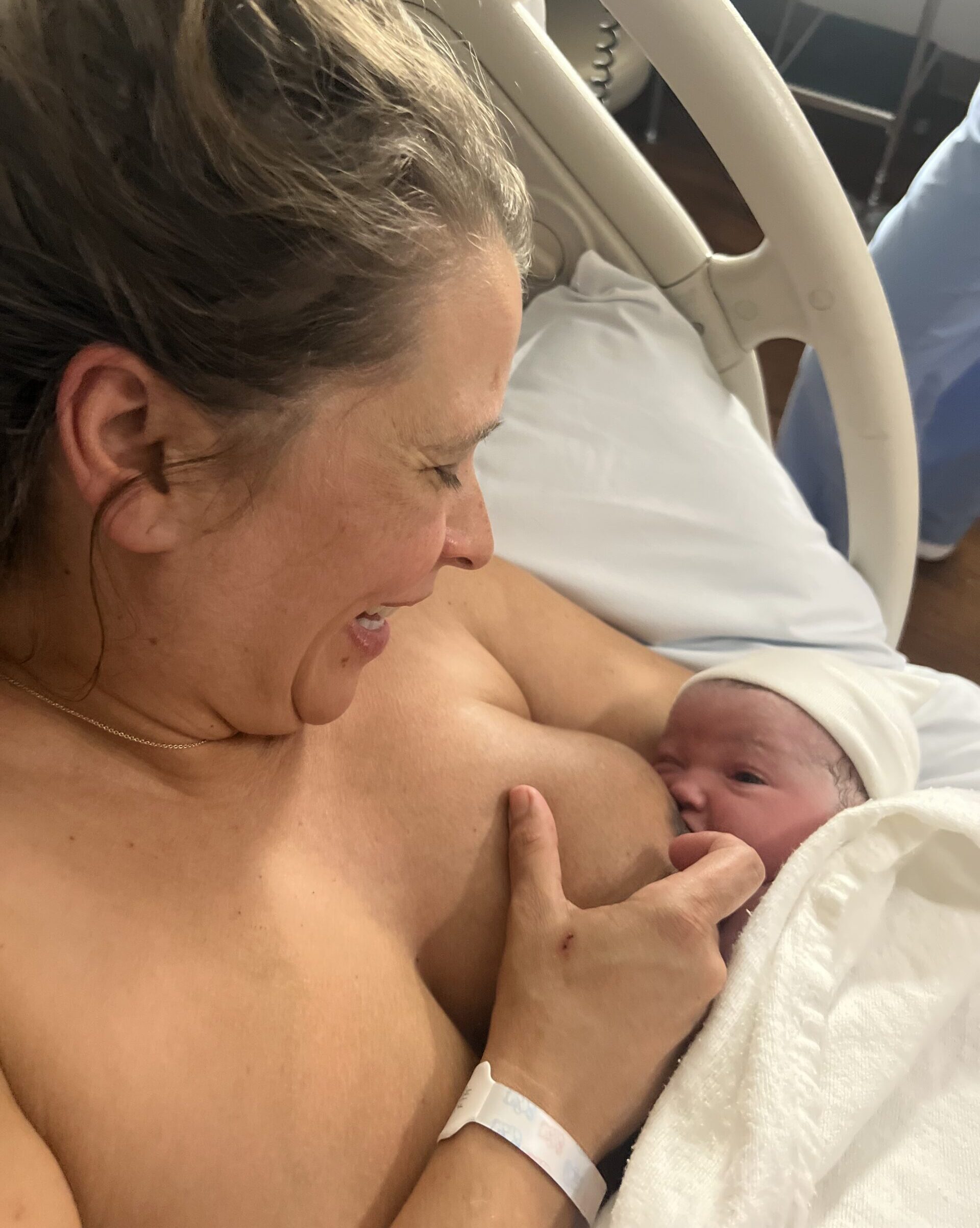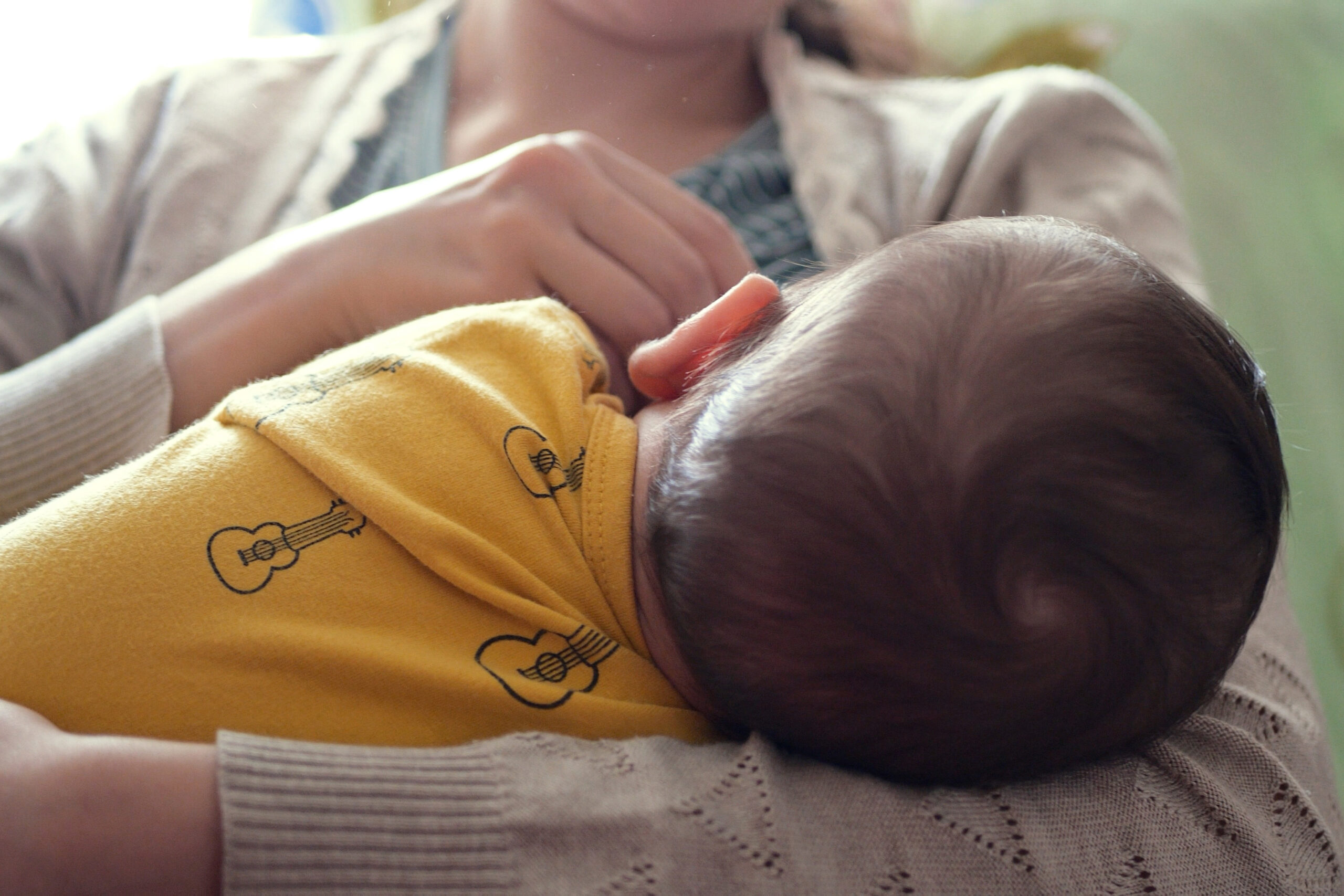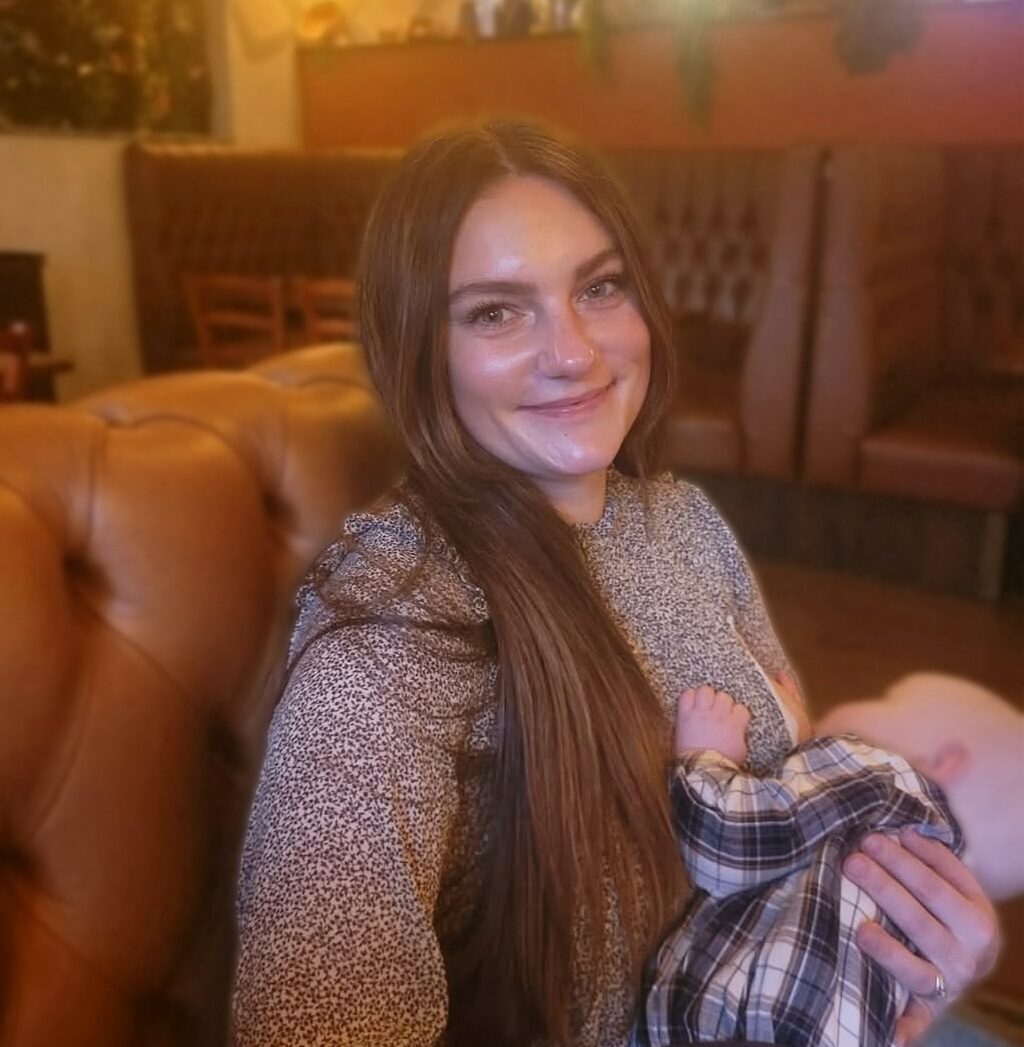There’s a lot of conflicting information out there about alcohol and breastfeeding, there’s also a lot of judgment and a tonne of confusion about the effects of alcohol on your baby. So let me clarify.
Firstly, the effects on your baby are directly related to the amount you drink. Studies show that although “significant amounts” of alcohol are secreted into breast milk, it’s not considered harmful to your baby if the amount and duration are limited.
Factors affecting your decision to have a drink or two
1. Your baby’s age (newborns have immature livers and will be more affected while an older baby can metabolise alcohol more quickly).
2. Your weight – (a heavier person metabolises alcohol more quickly), i.e. know your body and how alcohol affects you.
3. The amount of alcohol you plan on drinking, i.e. a glass with your meal is a different situation than a night of back-to-back drinking at a party for example.
4. Whether it’s a drink with or without food (this decreases absorption into the bloodstream).
All factors to consider:
Alcohol does pass freely into breast milk and has been found to peak about 30-60 minutes after you drink it, and 60-90 minutes when taken with food. As alcohol leaves the bloodstream, it leaves breast milk too so you don’t need to express the effected milk and throw it away. In a 120lb woman it will take about two to three hours to rid her body of the alcohol in one beer or wine; the more alcohol is drunk, the longer it takes for it to leave the body.

Myths about alcohol and breastfeeding
Alcohol is not “trapped” in breastmilk (it returns to the bloodstream as your blood alcohol level declines), so pumping and dumping will not remove it or speed up elimination from your body.
Drinking a lot of water, resting or drinking coffee won’t minimize the effects of alcohol on your breast milk either.
Ways to reduce the alcohol your baby gets:
Try feeding immediately before having a drink. Because in 2-3 hours alcohol will have left your system again and it may be the time (baby depending) that they want to feed again.
General rules to follow
- A beer or a glass of wine a couple of times a week is unlikely to matter, and the effects decrease as your baby gets older, but a baby’s growth can be compromised if a woman drinks substantial amounts regularly.
- Mothers who are intoxicated should not breastfeed until they are completely sober, at which time most of the alcohol will have left the mother’s blood.
- A note about co-sleeping – don’t bed-share with your baby if you’ve been drinking because your natural responses and reflexes to tend to their needs, signs, cues will be affected.
- A beer or glass of wine a couple of times a week is unlikely to matter, and the effects decrease as your baby gets older. Maternal blood alcohol levels must attain 300 mg/100ml before significant side effects are reported in the infant. (80mg/100ml fails the police breath test).
- FINALLY if you want to drink but you’re worried about affecting your baby, remember you can always express some milk to feed her during the few hours you’re enjoying a Christmas beverage. *If you’re concerned about your alcohol consumption and breastfeeding this Christmas, and want to discuss anything related to your mental health, go and chat to your GP, healthcare professional or contact National Breastfeeding Helpline for support.
This article was originally published on lucydoula.co.uk. You can read the original article here.


















